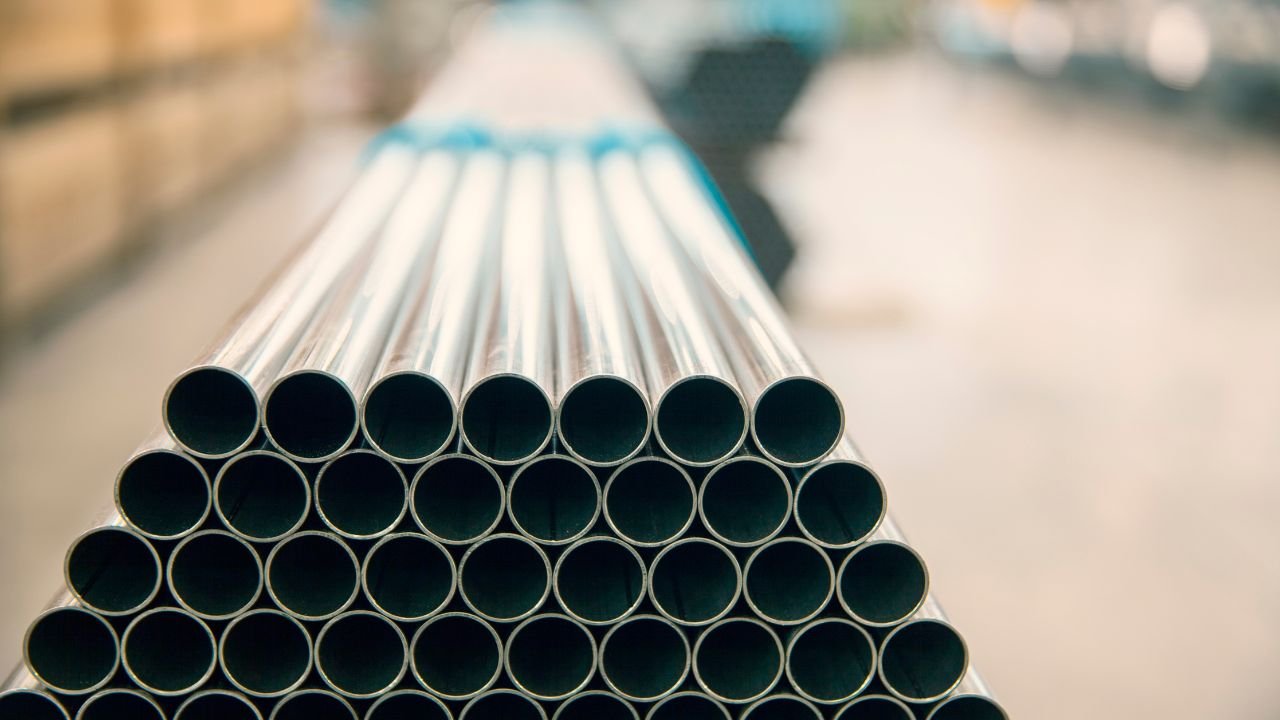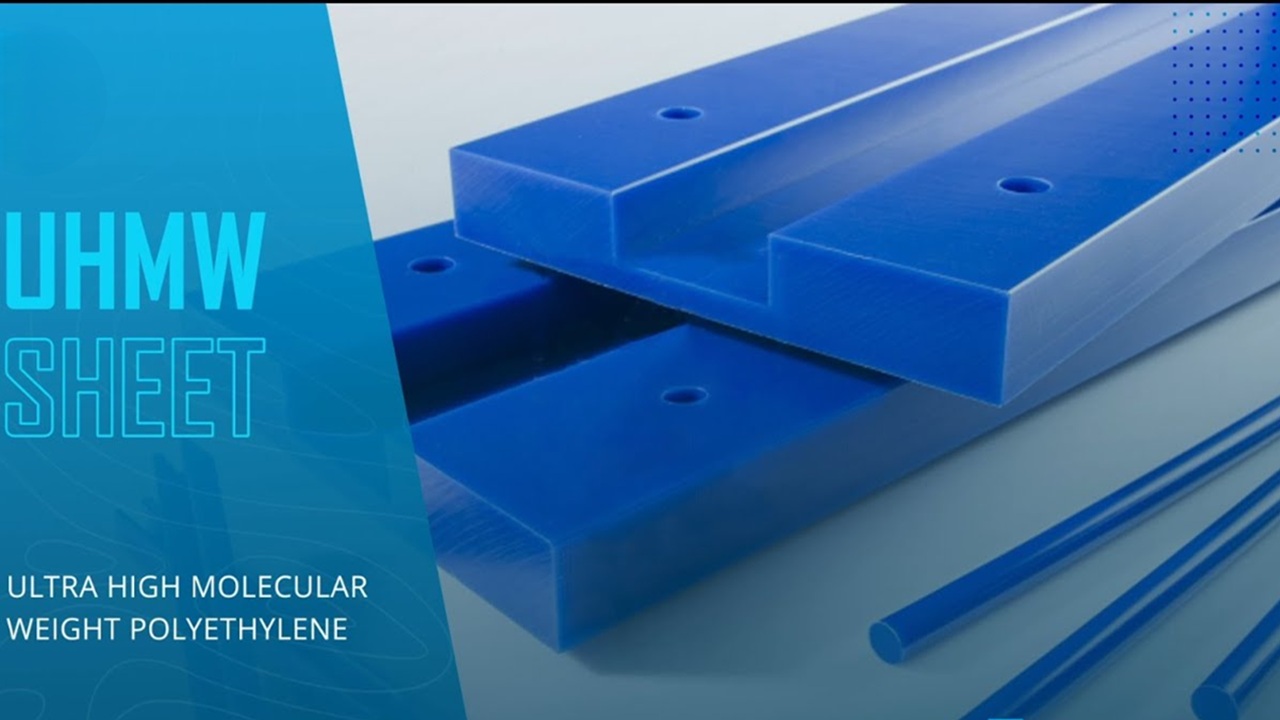
What Are the Top Trends in Mild Steel Pipe Manufacturing?
Mild steel pipes function as essential elements throughout construction and automotive sectors oil and gas operations and water supply networks. Steel Pipes are generally used in applications such as construction, plumbing, and industrial because of strength, durability, and resistance to corrosion. The manufacturers adopt new technologies and methods for these pipes. This will improve production efficiency and reduce costs to meet changing market needs. The mild steel pipe manufacturing industry is currently driven by several key trends which will be discussed below.
Automation and Digitalization in Manufacturing
The mild steel pipe manufacturing industry has experienced a major shift toward automation and digitalization as its primary development trend. The rise of modern factories incorporates state-of-the-art technologies including robotic systems together with artificial intelligence (AI) in their manufacturing operations. The implemented technologies bring together automated workflows that minimize personal mistakes while generating enhanced business output. Through automation manufacturers achieve optimized production lines that operate at higher speed and efficiency levels. Automated welding and pipe-bending machines surpass human operators by delivering precise work that produces superior products while shortening production timelines.
Sustainability and Eco-friendly Practices
The mild steel pipe manufacturing industry now faces rising pressure to implement sustainable practices because environmental awareness continues to grow. The modern manufacturing industry faces dual regulations to decrease its environmental impact along with minimizing remaining production waste. The industry has developed new materials and production techniques because of this development. The industry advances sustainability through the utilization of recycled steel. The use of recycled steel decreases both raw material requirements and production energy usage. Manufacturers now use advanced energy-efficient equipment alongside cleaner production technologies which generate reduced emissions. These environmentally friendly practices generate both environmental advantages and financial savings throughout the extended period.
Customization and Precision Engineering
The market for customized mild steel pipes continues to grow because industries need products that satisfy their particular requirements and match their unique applications. The market shift toward customized products has driven manufacturers to expand their product range through diverse pipe dimensions and surface options and improved fabrication accuracy. Accuracy standards applied during precision engineering result in superior quality and dependable final products for mild steel piping systems. Modern manufacturing capacities enabled by computer-aided design (CAD) software together with advanced machinery enable the production of complex metal forms. The ability to customize pipe dimensions and specifications enables construction automotive and infrastructure industries to acquire products that fulfill their precise needs for fluid transmission structural requirements and aesthetic design.
Use of High-Strength Mild Steel
The industry standard selection for pipe manufacturing owes to mild steel’s combination of affordability and ductility. The market shows increasing interest in high-strength mild steel pipes. The pipes demonstrate enhanced operational capabilities particularly when used in demanding conditions including situations with high pressure or elevated temperatures. High-strength mild steel enables manufacturers to produce pipes with reduced wall thickness which maintains equivalent strength properties. Manufacturers achieve reduced shipping expenses through the production of lighter pipes that simplify handling and transportation. High-strength mild steel pipes demonstrate excellent corrosion resistance which makes them highly suitable for demanding applications in sectors such as oil and gas production.
Advanced Coating Technologies
The mild steel pipe manufacturing industry faces corrosion as its primary manufacturing challenge. Manufacturers now dedicate resources to advanced coating technologies that improve steel pipe resistance against corrosion. Protective coatings consisting of epoxy polyurethane and zinc-based materials are used to cover both external and internal pipe surfaces to stop rust formation and material breakdown during extended periods. New coating materials combined with improved application techniques enable manufacturers to produce durable steel pipes that resist damage in tough environmental conditions. Protective coatings prove essential for water treatment facilities because their pipes encounter moisture alongside corrosive substances. Advanced coating solutions enhance the visual appearance of mild steel pipes which makes them appropriate for applications that require attractive materials.
Advanced Testing and Quality Control
The achievement of various industrial projects through mild steel pipes depends on maintaining both their reliability and quality performance standards. Manufacturers now perform better testing methods and enhanced quality control evaluations across their complete production sequence because of these developments. The detection methods identify potential flaws including cracks internal defects and incorrect dimensions before the pipes reach customers. The assessment of pipe integrity relies on non-destructive testing (NDT) methods that include ultrasonic testing magnetic particle testing and radiographic testing which avoid damaging the pipes. The implementation of automated inspection systems by manufacturers now uses sensor technology and artificial intelligence programs to swiftly identify irregularities present in their pipes. The enhanced quality control system guarantees that premium-quality products find their way to consumers.
Conclusion
The evolution of the mild steel pipe manufacturing industry continues at a fast pace because of technological progress sustainability initiatives and product customization needs. The industry benefits from automated production systems alongside digitalization and sustainability initiatives which minimize environmental impact. The combination of high-strength mild steel with advanced coatings and precise engineering techniques delivers improved performance characteristics to pipes. Manufacturers achieve top product quality through their adoption of advanced testing and quality control procedures. Companies remain competitive thanks to global supply chain optimization processes that function in a fast-paced market environment. The industry’s future outlook for mild steel pipe manufacturing appears promising because these ongoing trends continue to influence the market.


